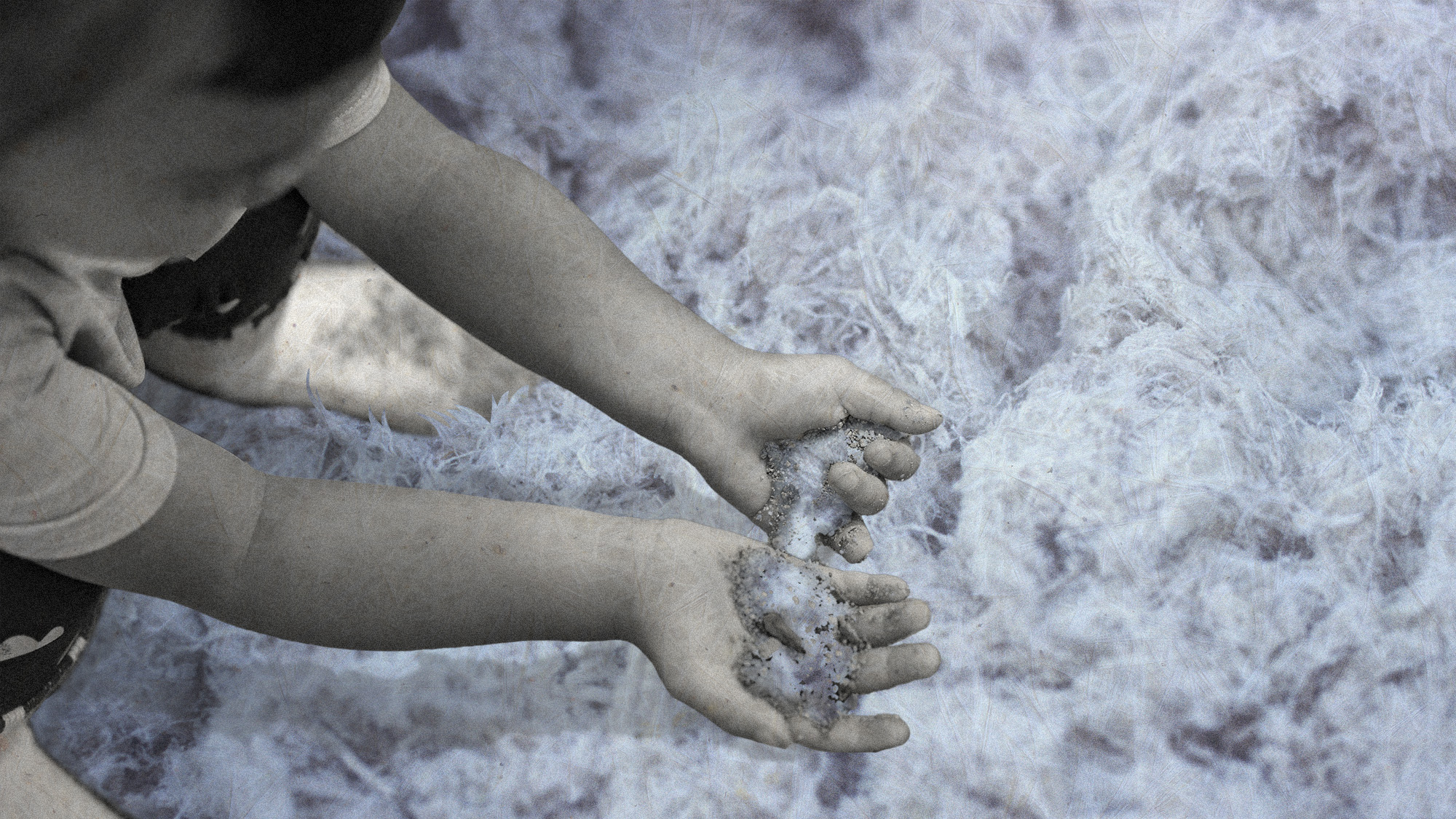'Beyond belief': fears of asbestos return
Attention is returning to the dangers of the carcinogenic substance

A free daily email with the biggest news stories of the day – and the best features from TheWeek.com
You are now subscribed
Your newsletter sign-up was successful
The discovery of asbestos in some handfuls of mulch a child took from a playground in Sydney has caused a scare in the Australian city.
With separate concern over asbestos in ageing pipes that provide drinking water around the world, attention is returning to the dangers of the carcinogenic substance.
The background
A child brought home a couple of handfuls of garden mulch from near a playground in Sydney's inner west last month. Their parent was "horrified" to spot what looked like chunks of bonded asbestos in the mulch, noted the BBC, and a "contamination crisis" has now forced the closure of several public parks, playgrounds and schools.
The Week
Escape your echo chamber. Get the facts behind the news, plus analysis from multiple perspectives.

Sign up for The Week's Free Newsletters
From our morning news briefing to a weekly Good News Newsletter, get the best of The Week delivered directly to your inbox.
From our morning news briefing to a weekly Good News Newsletter, get the best of The Week delivered directly to your inbox.
There has also been a scare about asbestos in drinking water, because "hundreds of thousands of miles" of pipes made from asbestos are "reaching the end of their lifespan and starting to degrade", said BBC Future.
By 1988, 23,000 miles of asbestos cement piping had been installed in the UK, delivering water to 12m people. There are "growing concerns" that as these "ageing" pipes near the end of their expected lifespan they will deteriorate, leading to breakages, as happened in 2022, in Stannington, a suburb of Sheffield.
Asbestos is a naturally occurring mineral composed of thin, needle-like fibres. Historically, it has been used in a range of commercial products such from insulation and fireproofing materials, to automotive brakes, and wallboard materials.
Public health campaigns "through the 1980s and '90s" have made asbestos "synonymous with cancer", said ABC News. The carcinogenic substance has been banned in the UK since 1999 and many people hoped we had seen the back of it. A partial ban was passed in the US in 1989 and Australia banned it in 2003.
A free daily email with the biggest news stories of the day – and the best features from TheWeek.com
The latest
After the child's mulch discovery, officials in New South Wales said there could be tainted woodchips at hundreds of locations and a local mayor said the situation was "beyond belief".
The Environment Protection Authority is undertaking a criminal investigation, thought to be the largest in state history, to discover "who has done the wrong thing", said the Sydney state minister.
Meanwhile, the UK Water Industry Research found that the highest rate of deterioration is in pipes installed after 1960 and the burst rates for such pipes are increasing by 28% on average in each decade. But it could cost between £5-8bn to replace the stock of asbestos cement water mains currently in use in the UK and Ireland alone.
In brighter news, a new drug for a type of deadly cancer caused by exposure to asbestos has been "hailed as a breakthrough", said Forbes. Scientists have welcomed the "truly wonderful" arrival of the new therapy, which they say should offer fresh hope to those with the disease and their families, reported The Guardian.
The reaction
The World Health Organisation does not consider ingestion of asbestos in drinking water to be a serious risk to human health. But the evidence is "contradictory", said the BBC, with some studies showing a correlation between asbestos exposure through drinking water and incidences of stomach and gut cancers.
In Australia, experts said the mulch does not pose a significant risk to the general public, noted ABC News. "The exposure levels are very small", Ewan MacFarlane, an occupational epidemiologist at Monash University told the outlet. The risk to children is "very, very, very low", said Tim Driscoll, a professor of epidemiology and occupational medicine at the University of Sydney.
Chas Newkey-Burden has been part of The Week Digital team for more than a decade and a journalist for 25 years, starting out on the irreverent football weekly 90 Minutes, before moving to lifestyle magazines Loaded and Attitude. He was a columnist for The Big Issue and landed a world exclusive with David Beckham that became the weekly magazine’s bestselling issue. He now writes regularly for The Guardian, The Telegraph, The Independent, Metro, FourFourTwo and the i new site. He is also the author of a number of non-fiction books.